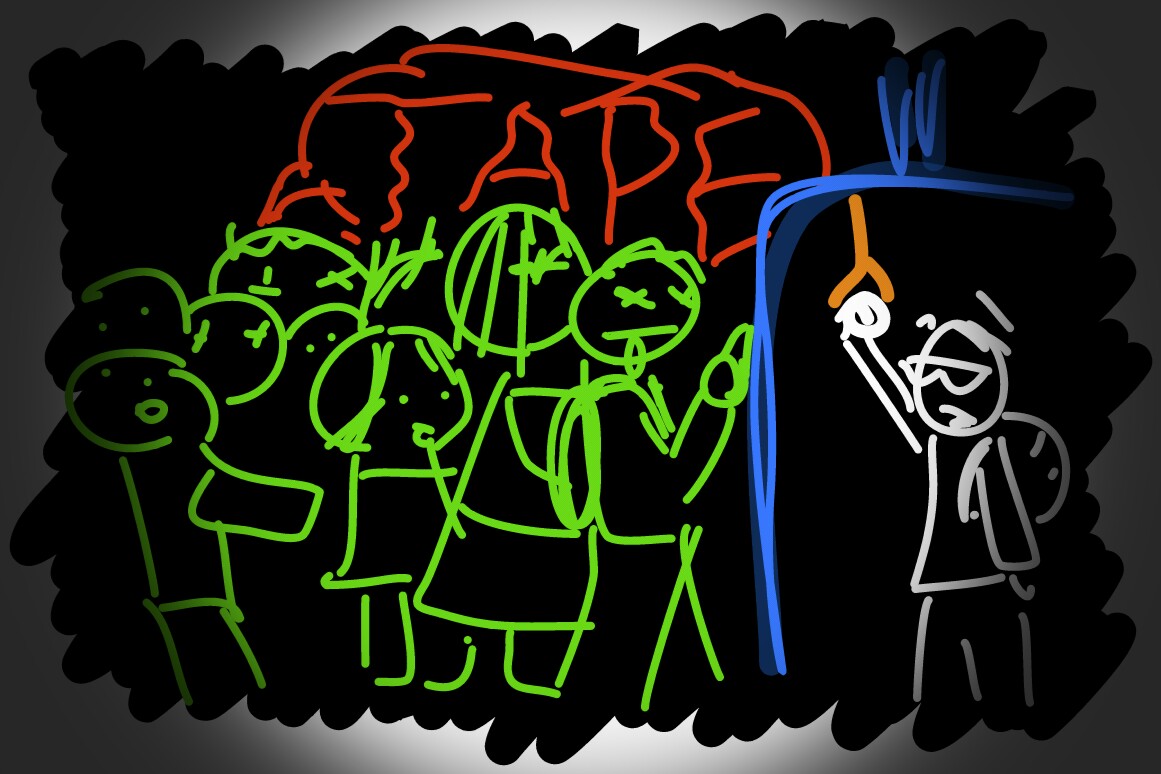Despite advances in storage technology such as disk-based back-up, data de-duplication software and cloud-based storage, yesteryear's storage device – tape – is not dead, according to analysts and suppliers at SNW Europe 2012.
"There is a lot of talk about tape being dead, but even today, 80% of organisations use tape for archiving," said Martin Hingley, chief analyst at IT Candor, "and one of the main reasons is that tapes are cheap."

Tapes, the external storage medium, are 15% cheaper than disks, according to a spokesman from tape and disk back-up supplier Spectra Logic.
Tapes are also more efficient for data that has to be stored for a long period of time for compliance reasons, such as patient healthcare data which has to be stored for the patient's lifetime, experts said.
"Hard disk evolution is faster, which means what you use today may not be in use two years from now and you will have to revisit and re-archive the data again and again every two years in the new formats," said Hingley.
In addition, the chances of data corruption in tapes are lower than on disks. "It is not just about storing data, but about retrieving it when required, and tapes are more reliable than disks in data recovery," the Spectra Logic spokesman added.
The role of tape storage in the modern enterprise Magnetic tape's changing storage role Using Linear Tape File System for archiving Podcast: Robotics technology helps drive tape adoption Today's tape market offers improved data access and integrity Video: Tape backup systems economical for data retention
According to the first European Tape Audit 2012, conducted at the IP Expo event in London in October, 80% of surveyed storage professionals said they currently archive data. About 40% of respondents said they have more than 50% of their data stored on tape.
According to the study, around 90TB of data is backed up by European enterprises every year, and 38% of these companies use tape as their main medium.
"The European Tape Audit shows that tape is alive and kicking, delivering useful, long-term storage capacity for critical data," said Stephen O'Donnel, a technology consultant and analyst.
The tape market is worth $3bn (£1.85) worldwide today.
But experts noted a shift in the use cases for tapes. It was used predominantly for back-up, but today it is used for archiving tasks. Traditional use of tapes by small and medium businesses is also going away as they prefer to use cloud-based back-up services, Hingley added.
The European Tape Audit shows that tape is alive and kicking, delivering useful, long-term storage capacity for critical data
Stephen O'Donnel, technology consultant
While the tape storage segment has not shown growth in the past few years, it will remain relevant as long as archiving remains an important method of storing data, according to experts.
There is also a green IT argument for the use of tapes – power-consumption in disks is significantly higher, said Hingley.
Tapes are definitely not dying, but they need reinventing, said Enrico Signoretti, another independent IT analyst, at SNW Europe 2012. "Tape-based back-up is an old technology and it needs to become more efficient and user-friendly today," Signoretti said.
There must also be better standards for storing data on tapes. "Every back-up supplier has its own format for tape-based storage, and it has to become more uniform," he said.
Linear Tape File System (LTFS) – the technology that helps tape to be easily identifiable within tape libraries and helps storage professionals use standard file operations to easily access data – is a good step forward to revive the tape segment, said Signoretti.





